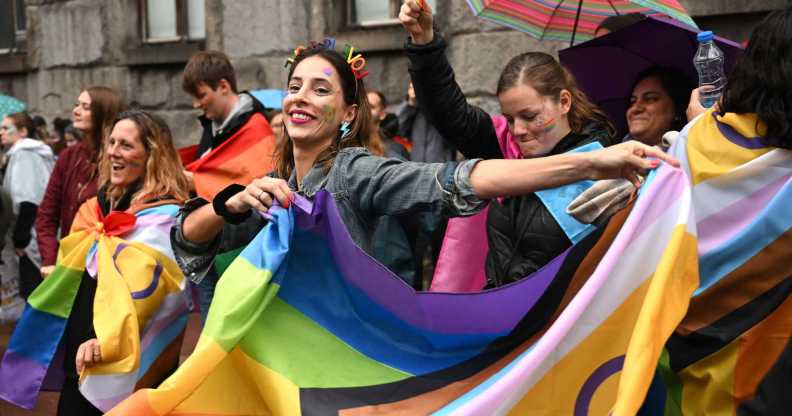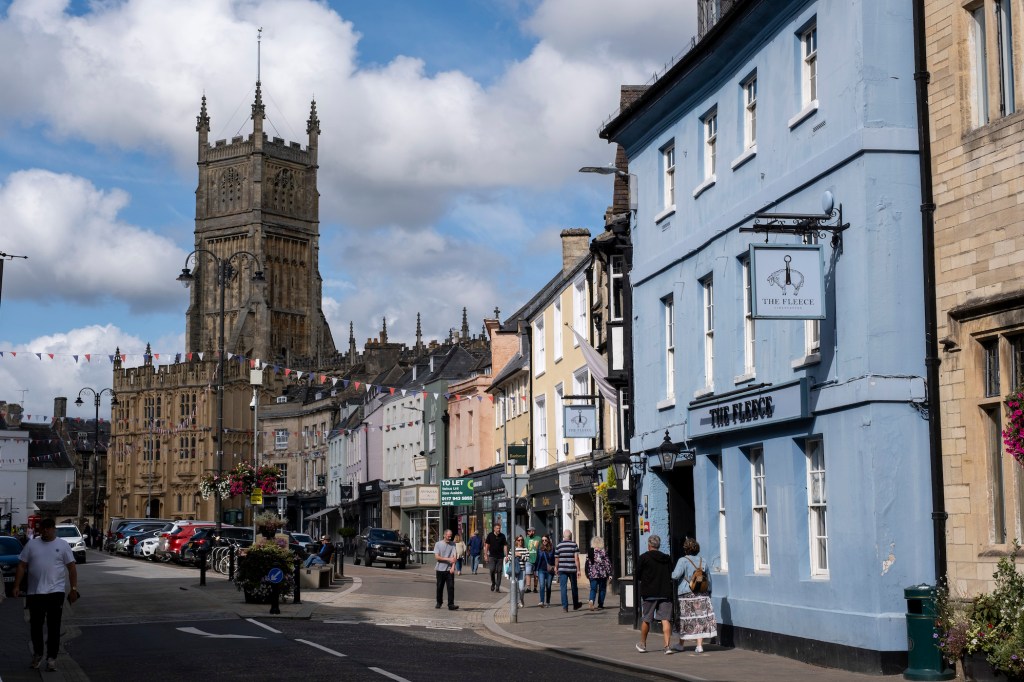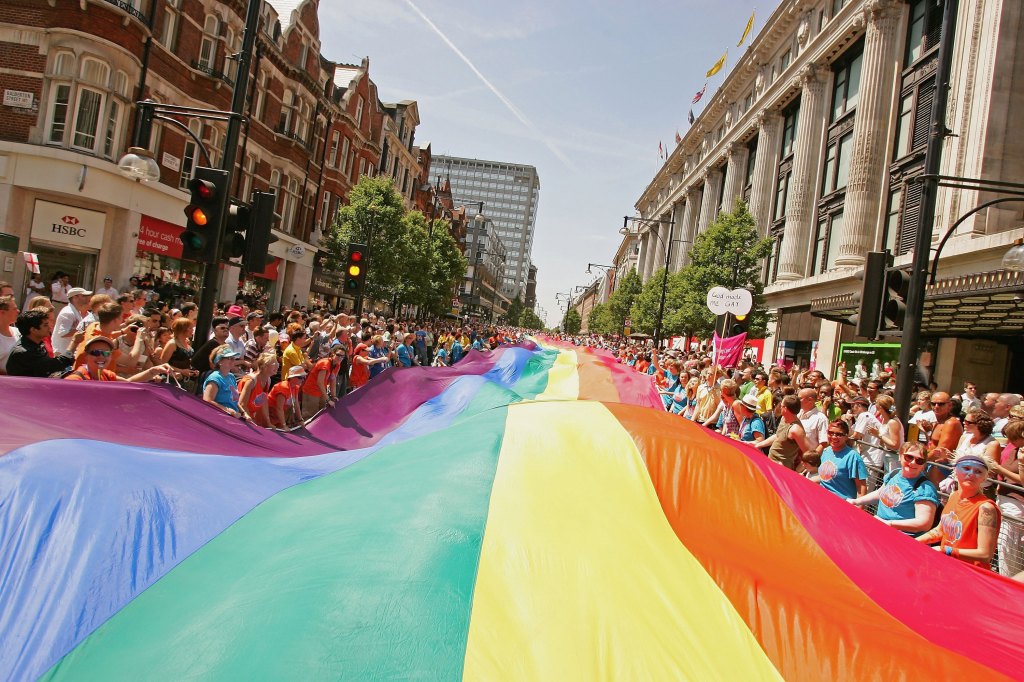EuroPride 2027 could be hosted in this unlikely English county

Four Pride organisations are in the running to host EuroPride 2027 ( ANDREJ ISAKOVIC/AFP via Getty Images)
Pride organisations from Italy, Lithuania, Spain and the United Kingdom are all bidding to host EuroPride in 2027.
The annual celebration first started in 1992 and is hosted by a different European city each year, attracting tens of thousands of people, with this year’s EuroPride set to take place in Thessaloniki, Greece from 21-29 June.
With Lisbon, Portugal set to host in 2025 and Amsterdam, The Netherlands set to host in 2026, the Pride organisations bidding to host the 2027 event have now been revealed.
Torino Pride, Baltic Pride Vilnius, Torremolinos Pride and Pride in Gloucestershire have all been confirmed as 2027 bidders by governing body the European Pride Organisers Association (EPOA).
The organisations have five months to complete their bids before submitting them to the EPOA. The bids will be published on 6 September, with voting and the winner announced of the winner in the Portuguese city of Porto on 2 November.
Lenny Emson, EPOA’s president, said: “With the increase in right-wing and far-right governments and politicians across Europe, Pride events are becoming ever-more important as an opportunity for the LGBTI+ community to come together and show their strength in numbers and togetherness.
“EuroPride continues to grow in importance and as a stand against the weaponisation of LGBTI+ rights in politics wherever it takes place.”
He went on to say: “The variety and diversity in the organisations bidding for EuroPride 2027 is a wonderful expression of the variations of the Pride movement in Europe.
“We have a very rural Pride, a Pride in a very touristic city, a Pride in a famously historic city, and a Pride in a former Soviet-occupied country: we have a lot to consider and a lot to choose from.”
Gloucestershire in the South West of England is home to the Cotswolds – a designated Area of Outstanding Natural Beauty – and the towns of Gloucester and Cheltenham, Cirencester and Tewkesbury, which each boast their own annual Pride event. 2024’s Pride in Gloucestershire is set to take place on 14 September in Gloucester.

Richard Stevens, the chairperson of Pride in Gloucestershire, noted that 2027 will mark 15 years since EuroPride was last held in the UK.
“The UK, once known for its strong LGBTI+ credentials has seen a continuous decline in not only its international standing but also community confidence and fear from a rise in hate crime and creeping influence of extremists,” he said.
“With Gloucestershire’s reputation for hosting world-class events, coupled with our reputation for being inclusive and community-focused, across a whole region, we feel we’ll be able to deliver a EuroPride with impact that empowers the LGBTI+ community not just in the UK but across the whole of Europe.”
Alessandro Battaglia, the co-ordinator of Torino Pride’s candidacy, said Turin hosting EuroPride would be a chance for Italy to “seriously start a path towards inclusivity and let go of its homo-transphobic right-wing legacy”, adding: “[The city] the birthplace of the Italian LGBTQ+ movement and, more recently, of the great development in LGBTQ+ rights.
“Our ambition, through EuroPride, is that Turin becomes the driving force for nationwide change.”

Commenting on Baltic Pride Vilnius’ bid, executive director Vladimir Simonko said: I am delighted that [we] will be bidding to host EuroPride for the first time.
“I am sure that EuroPride would become a celebration for everyone, including LGBTI activists from Ukraine, Belarus and Russia, who found safety in Vilnius.
“It is symbolic that Lithuania will hold the position of presidency of the council of the European Union during Pride.”
He added that Lithuania remains the only Baltic country without legal protections for same-sex relationships and “we are certain that the possibility to organise EuroPride 2027 in Vilnius would have a long-lasting positive effect on the situation of the LGBTI community [here]”.
Torremolinos Pride president José Ignacio Martínez Pérez said hosting EuroPride would help change the perception that Europe has of the Spanish tourist resort.
It would be a chance “to remember Pasaje Begoña (the Begoña passage), a space of freedom and a multitude of colours in the grey Spain of the 60s, and to show present-day Torremolinos as a multi-cultural city where the LGBTIQ+ community is fully integrated”, he added.
How did this story make you feel?

